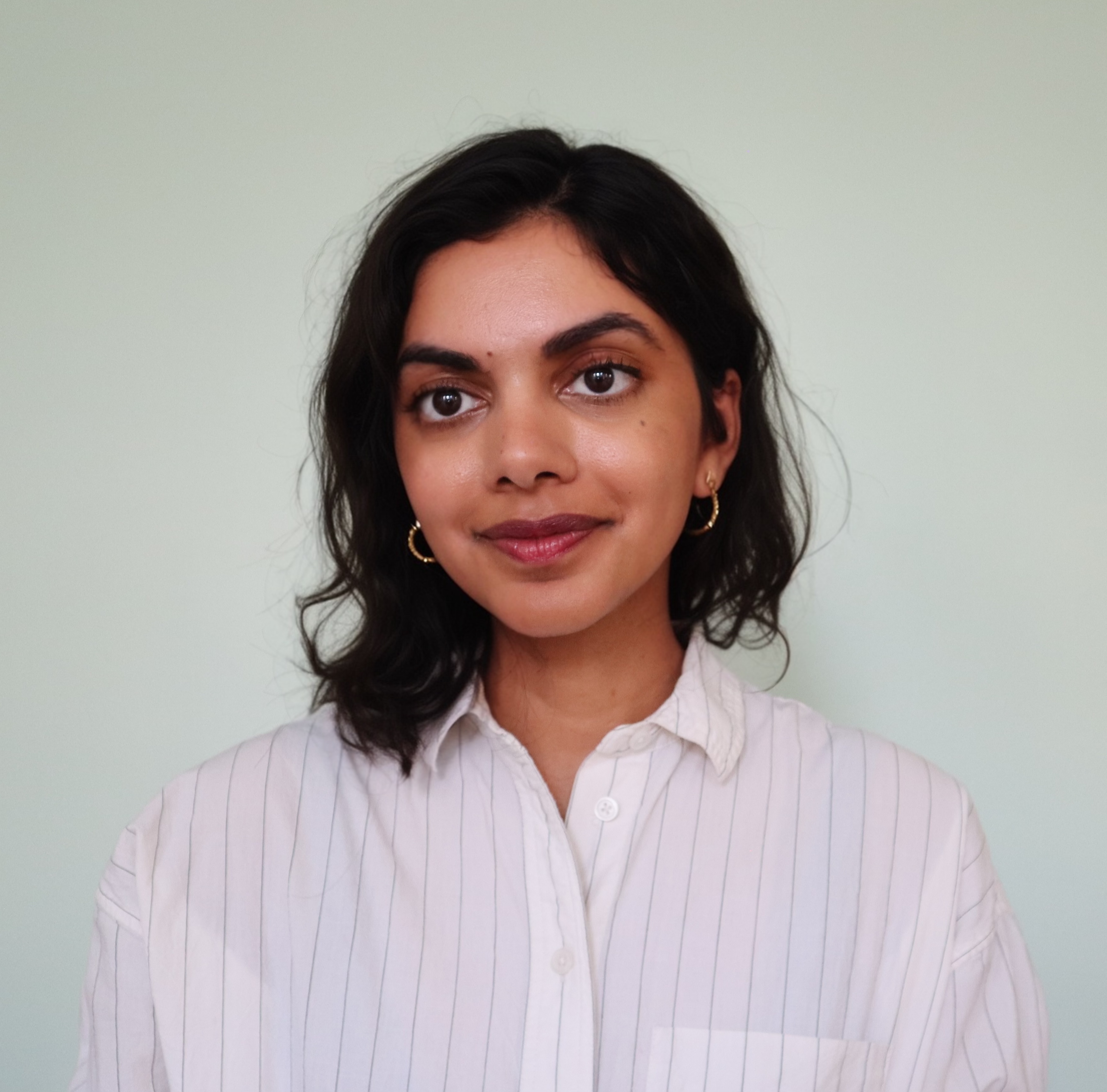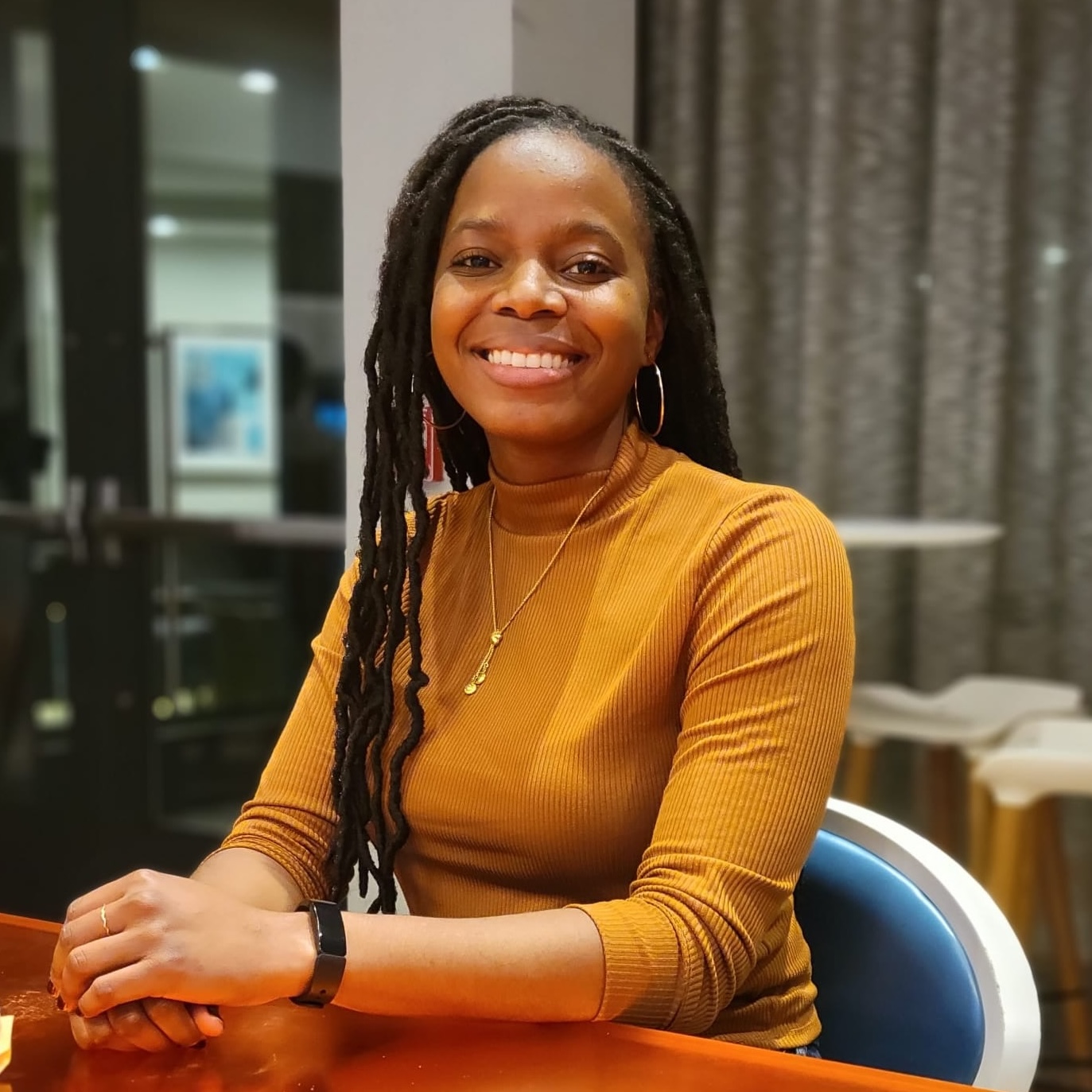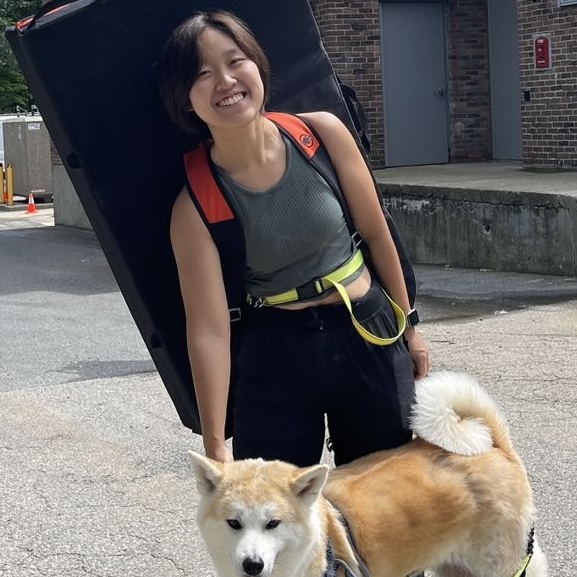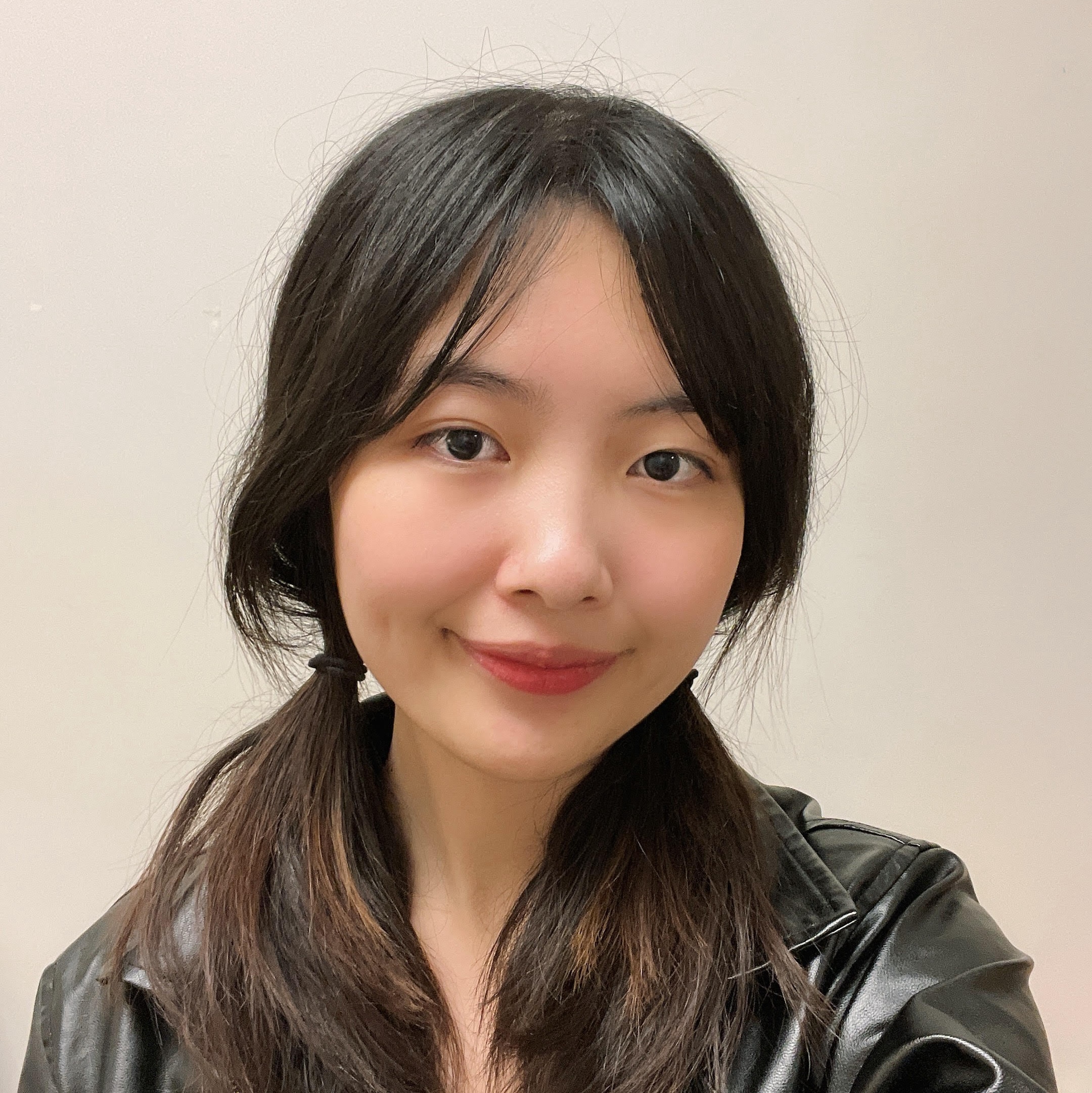Participation in the age of foundation models.
ACM Conference on Fairness, Accountability, and Transparency (FAccT ‘24).
Harini Suresh*, Emily Tseng*, Meg Young*, Mary Gray, Emma Pierson, Karen Levy.
[paper]
Co-liberation through Data & Sociotechnical Systems? Reflections, Tensions, and Possibilities.
A Toolbox of Feminist Wonder Workshop, ACM Conference on Computer-Supported Cooperative Work and Social Computing (CSCW ’23).
Harini Suresh*, Nikki Stevens*, Amelia Lee Doğan.
[paper]
Kaleidoscope: Semantically-grounded, context-specific ML model evaluation.
CHI Conference on Human Factors in Computing Systems (CHI ’23).
Harini Suresh, Divya Shanmugam, Annie Bryan, Tiffany Chen, Alexander D’Amour, John V. Guttag, Arvind Satyanarayan.
[paper]
Towards Intersectional Feminist and Participatory ML: A Case Study in Supporting Feminicide Counterdata Collection.
ACM Conference on Fairness, Accountability, and Transparency (FAccT ‘22).
Harini Suresh, Rajiv Movva, Amelia Lee Dogan, Rahul Bhargava, Isadora Cruxên, Ángeles Martinez Cuba, Giulia Taurino, Wonyoung So, and Catherine D’Ignazio.
[paper]







